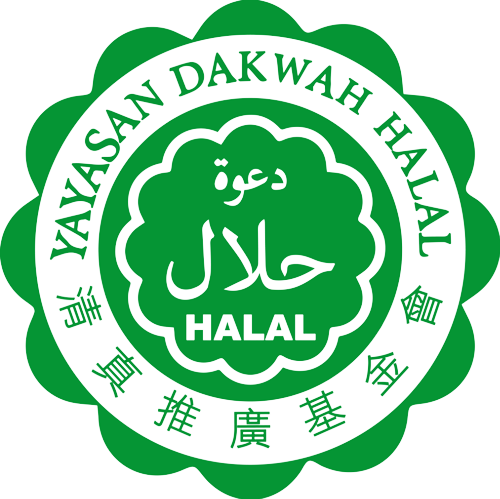"Islam" is derived from Arabic, which means obedience, peace, and submission. The extended meaning represents faith in Allah, who nurtures all things. By submitting to and honoring the will of God, you can obtain peace of mind and peace and harmony in society. The word "Muslim" is also derived from Arabic and means "one who submits to and believes in Allah".
Islam is the second largest religion in the world, and is the world's three major religions alongside Christianity and Buddhism. Its teachings advocate peace, kindness and forgiveness. At present, the number of Islamic believers (Muslims) in the world is estimated to exceed 1.6 billion; in Taiwan, in addition to the 50,000 local Muslims, there are long-term residents and short-term travelers, new immigrants and foreign workers in Taiwan, a total of about 500,000 Muslims living in Taiwan. Taiwan life.
Muslims follow the Quran and the Prophet Muhammad's words and deeds "al-hadith", which repeatedly emphasize dietary prohibition, prohibiting followers from eating blood, pork, and slaughtering without conforming to Sharia Law Animals that are in compliance with the Islamic law are called "حلال (Halal)", which means "legal" and "permitted", and are called "Halal" in Chinese, which means "clean and untainted, true unique".
Reflecting the values of Islamic beliefs Halal certification represents "safety" and "cleanliness"
In Muslim countries, "Halal" is not only a standard diet, but also a combination of lifestyles. Clothing, beauty, finance, catering, tourism, and e-commerce have developed special economic models with Islamic characteristics, especially with the rise of the middle class. The ASEAN countries, such as Indonesia, Malaysia, Brunei and Singapore, have a combined Muslim population of more than 240 million. The huge business opportunities brought about by the demographic dividend have prompted Taiwan and other non-Muslim countries in Northeast Asia to actively develop the halal industry.

